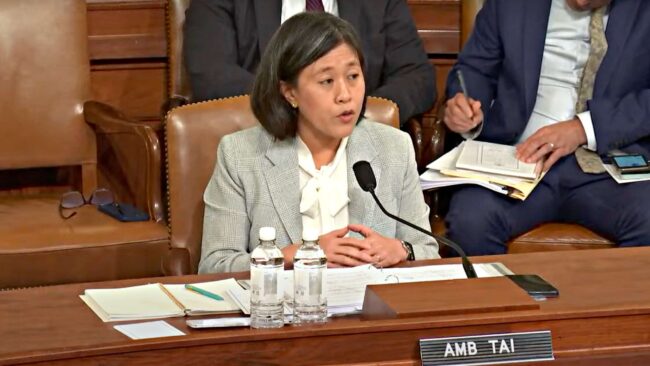Senate Finance’s Subcommittee on Trade Takes One-Sided Approach to De Minimis Import Rule
The U.S. Senate Finance Subcommittee for International Trade, Customs, and Global Competitiveness took a one-sided view on the de minimis exemption in a hearing on Tuesday, rejecting anything but technocratic changes to the global duty-free rule for small packages priced under $800.












